Photos celebrating indigenous Bolivian women in extreme sports
- Text by Isaac Muk
- Photography by Celia D. Luna

In September 2021, photographer Celia D. Luna was in her Miami home scrolling through Instagram. Gently dragging her thumb over the screen, she stopped when a picture of a young Bolivian woman sporting vibrant head-to-toe traditional clothing and pulling an ollie on a skateboard. Luna quickly found herself digging into the stories of these indigenous women, known locally as ‘cholitas,’ discovering whole communities of wrestlers and mountain climbers as well as skateboarders.
“I was like: ‘They play extreme sports while wearing traditional clothing?’” says Luna. “That’s amazing – that’s incredible, you know?”
Having been born in Ayacucho, a city in the south of Peru situated at 2,761m high in the Andes, their stories struck a chord with Luna. An indigenous Andean woman herself, she was raised by a single mother who had a deep connection with her natural surroundings. “She used to manage a travel agency, so she would take me to a lot of rural places for tourism,” Luna explains. “I feel like that’s when I opened my eyes to colour and the beautiful things Peru has to offer.”



Six months later, Luna flew to Bolivia – even bringing her mother along as her assistant for the shoots – to document communities of boundary-pushing skateboarders, wrestlers and climbers. “When I found out about [cholitas] I was just very intrigued,” she says. “I started reaching out and put my investigator hat on.”
Luna’s shots are now presented in her series Cholitas Bravas. From skaters snapped in full motion, to up-close-and-personal portraits of wrestlers, to daughters of the mountain climbers adorned with ropes, helmets and ice axes – all wearing their traditional bowler hats, plaits and bright, pleated skirts – the pictures capture the pride and uniqueness of their cultural identities.




The joy in the photographs is not to be taken for granted. Until very recently in Bolivia, and to this day in Peru, indigenous women of the Andes were looked down upon, marginalised and often chastised. “Just for them to have the name cholita and have people call them cholita is incredible,” says Luna. “Especially in Peru it’s a derogatory word. People used it to insult you. But [these women] use it completely differently – as a word of pride.”
This history is part of what draws some cholitas to extreme sports in the first place – particularly for the wrestlers, who Luna shot as they were preparing for a show. “Back in the 2000s, the grandmothers and mothers [of today’s cholitas] were abused physically,” she explains. “They wanted to fight back and they learnt how to wrestle. Then it became popular and it’s more of a show now that people can attend, but back then it was more for defence.”



The same goes for other the sports. Whether it’s conquering some of the highest mountains in the world on their doorsteps, or subverting youth culture through skateboarding in traditional garments – partaking in extreme sports are ways of expressing what it means to be a cholita in the modern day.
Celebrating cholitas and their roles in Bolivian identity developed in part after a concerted push by former President Evo Morales, the country’s first indigenous president. Elected in 2006, Morales repealed laws that banned cholitas from using public transport or even attending schools in their traditional clothing. He also passed a law requiring all public sector workers to learn a Bolivian indigenous language.



Luna hopes that their story could inspire positive change in her home country. “It means there’s hope for Peruvian people to have another mentality towards the word cholita,” she says. “To be proud of our roots and embrace the whole of Peru – not just one part of Peru, but all of us indigenous people as well.”
Cholitas Bravas and other photography from Celia D. Luna can be found on her website and Instagram.
Follow Isaac on Twitter.
Enjoyed this article? Like Huck on Facebook or follow us on Twitter.
Latest on Huck

Three decades behind the scenes of the music industry
Eddie Otchere’s ‘Spirit Behind the Lens’ is a story of music and culture that crosses and transcends borders.
Written by: Isaac Muk
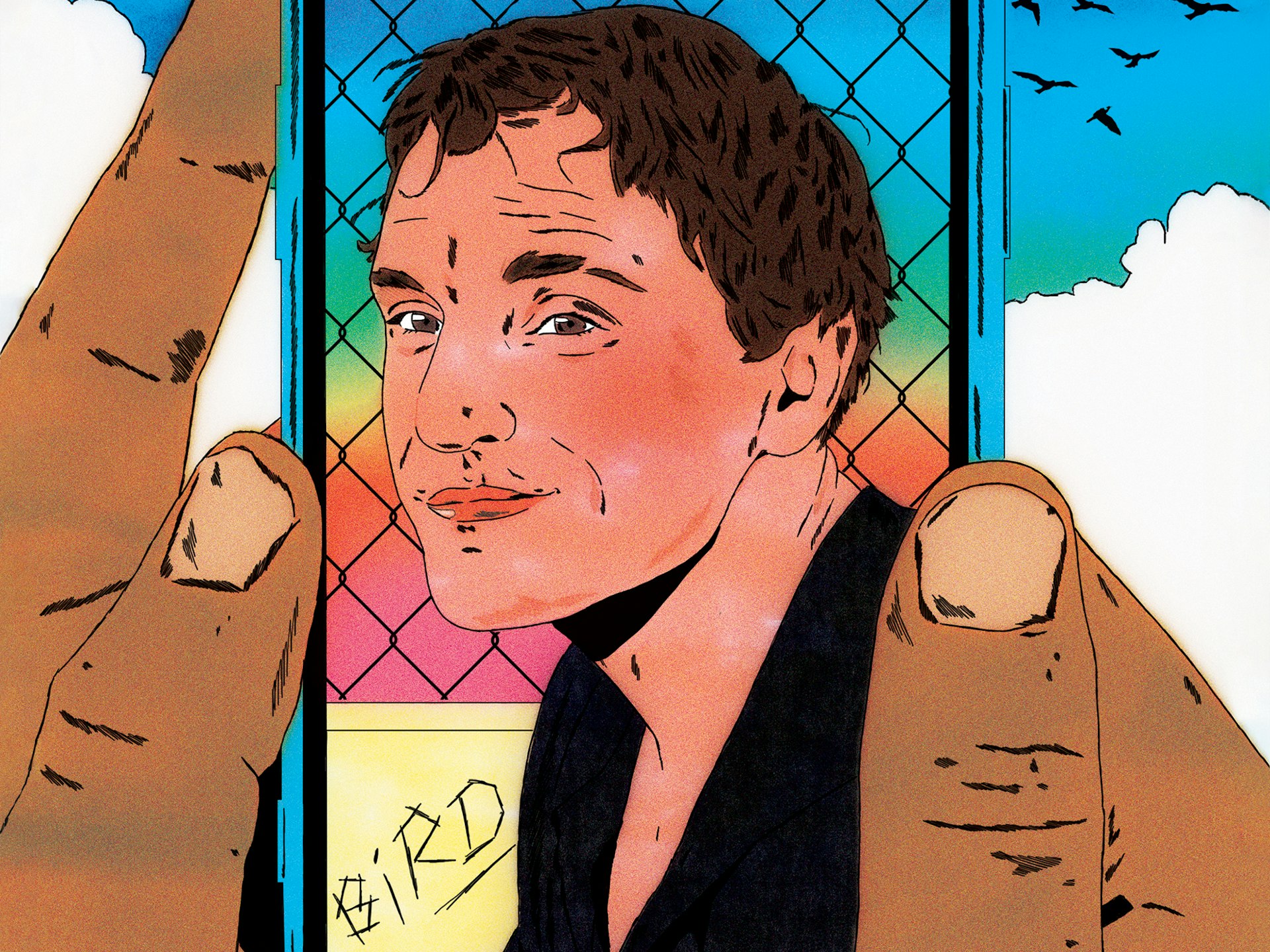
Barry Keoghan, Franz Rogowski and Andrea Arnold on ‘Bird’
The new issue of Little White Lies brings Andrea Arnold’s sixth feature to life with a thematic voyage down the Thames estuary.
Written by: Maisy Hunter
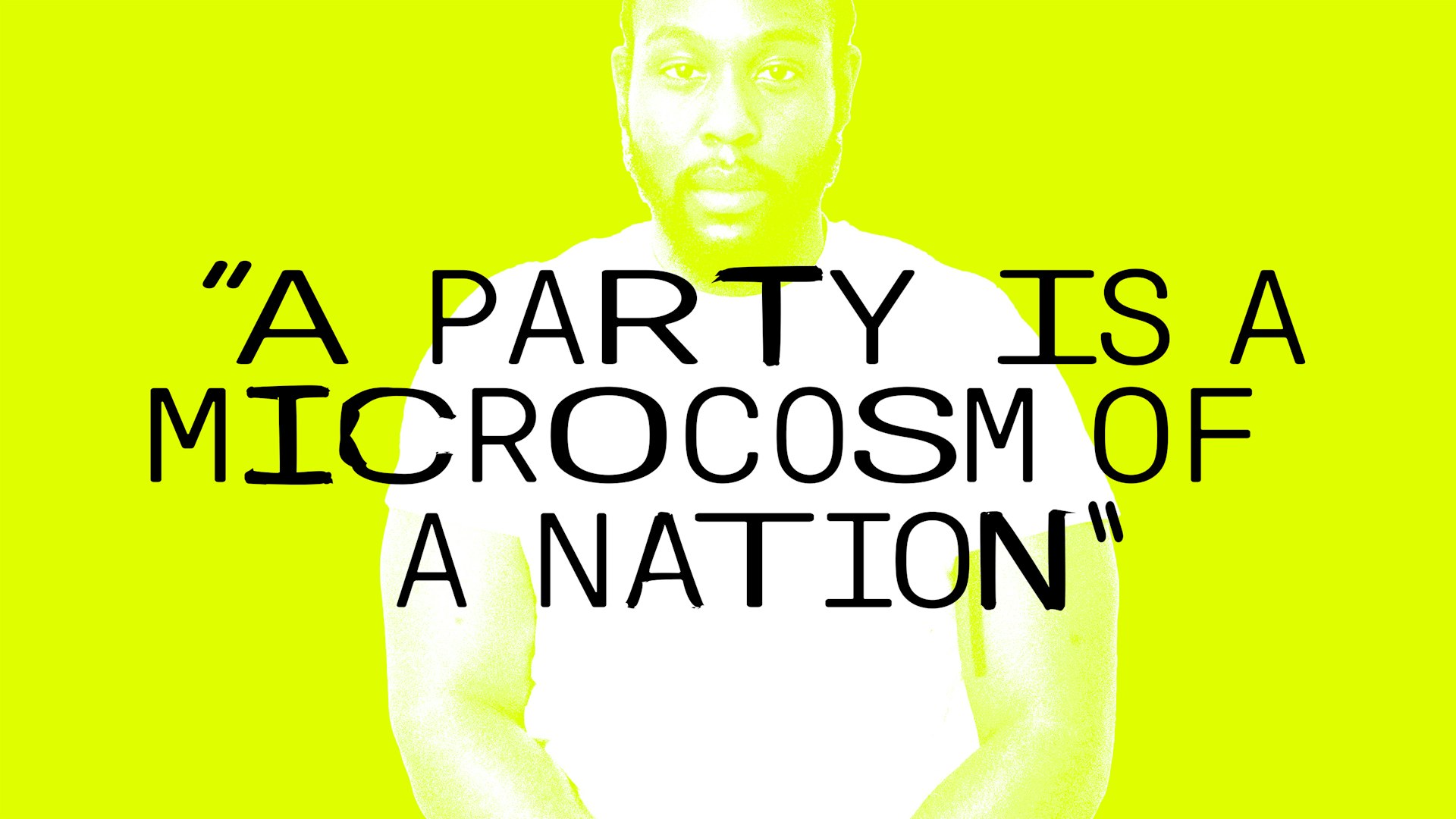
“A party is a microcosm of a nation”: Caleb Femi on the decline of the house party
To celebrate the publication of his new collection ‘The Wickedest’, Isaac Muk caught up with Femi to talk more about the work, the future of the shoobs, and discuss why having it large on a Saturday night should be cherished.
Written by: Isaac Muk
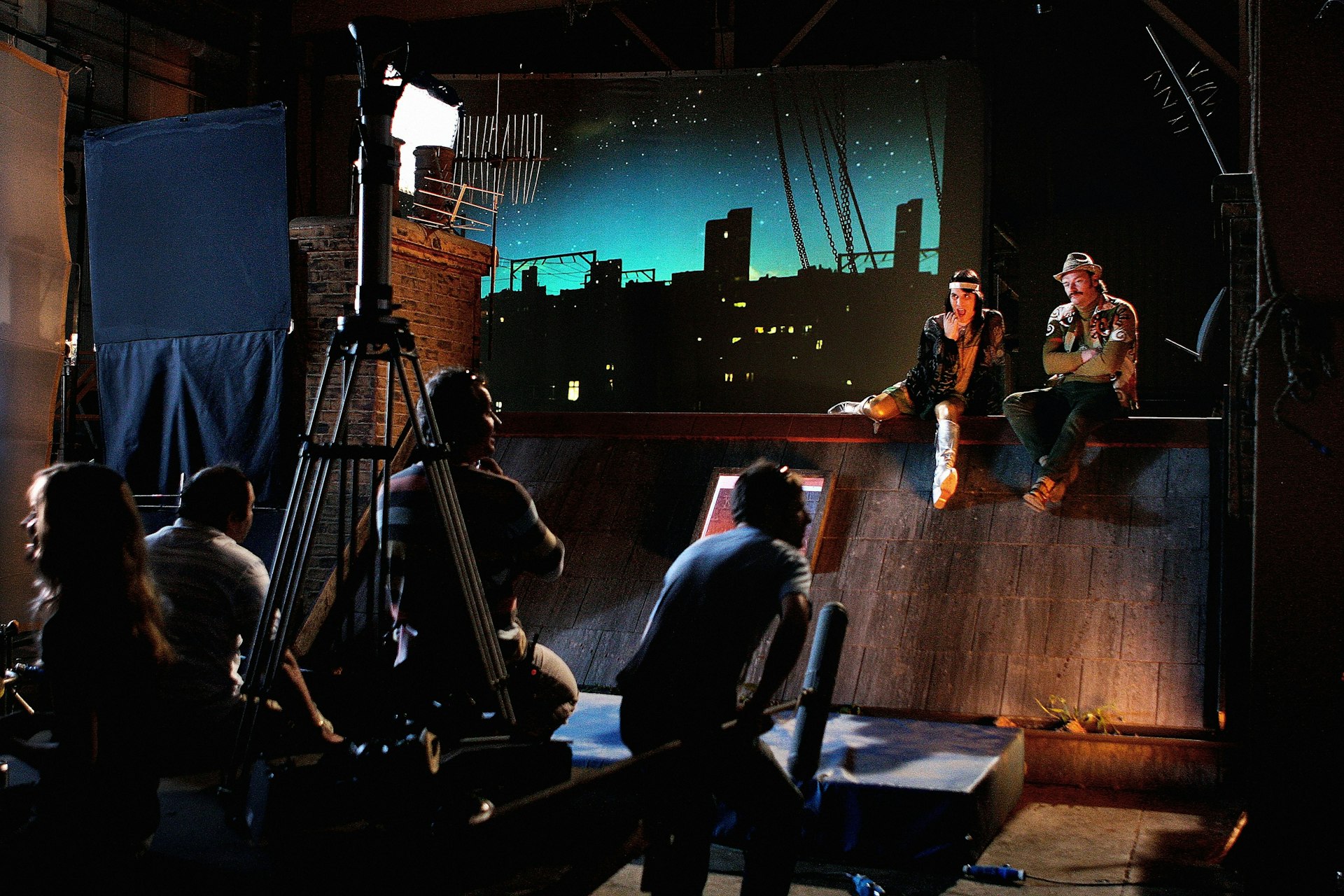
Celebrating 20 years of The Mighty Boosh
A new exhibition takes a look behind the scenes of the iconic show two decades after its BBC3 premiere.
Written by: Isaac Muk
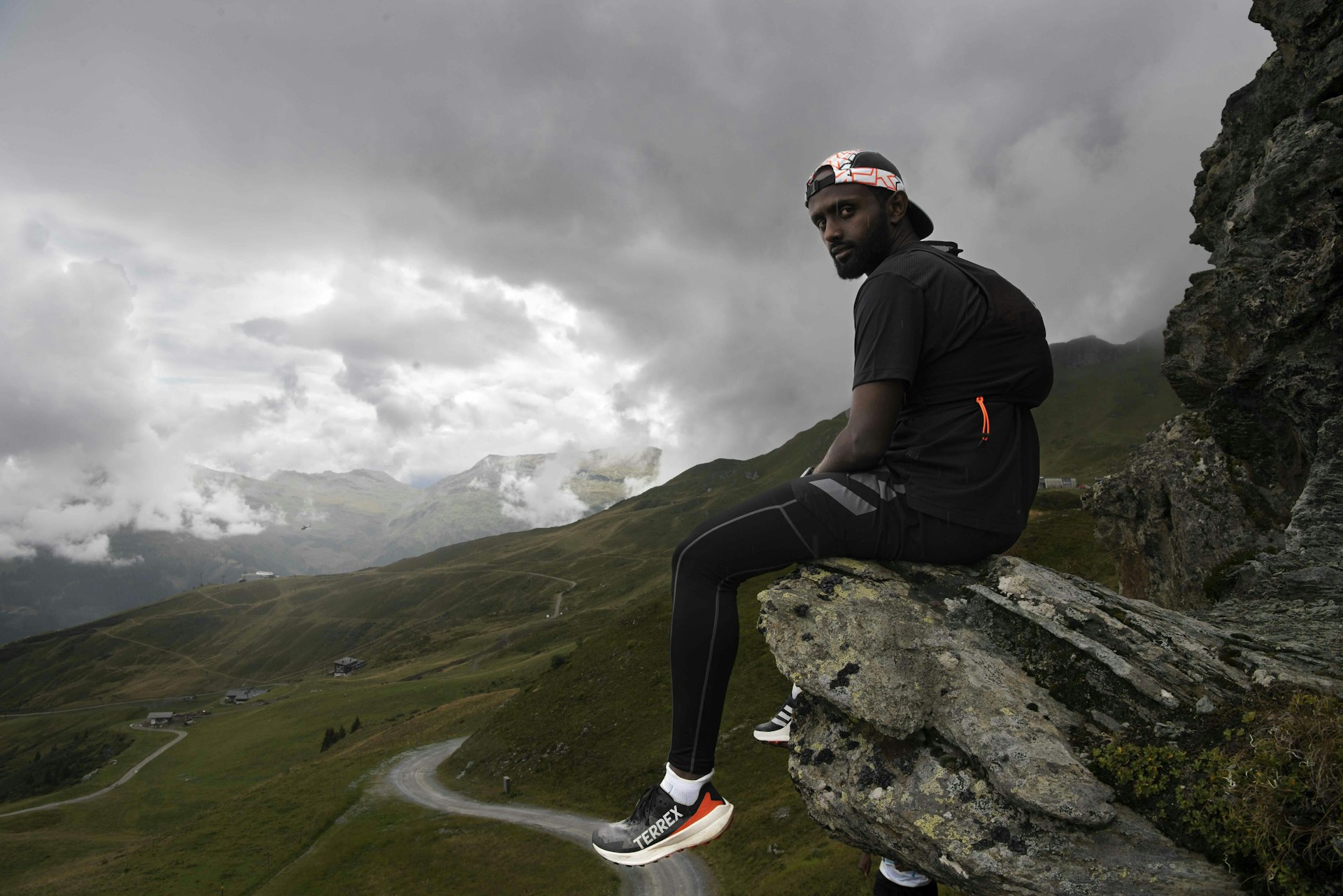
We Run Mountains: Black Trail Runners tackle Infinite Trails
Soaking up the altitude and adrenaline at Europe’s flagship trail running event, high in the Austrian Alps, with three rising British runners of colour.
Written by: Phil Young
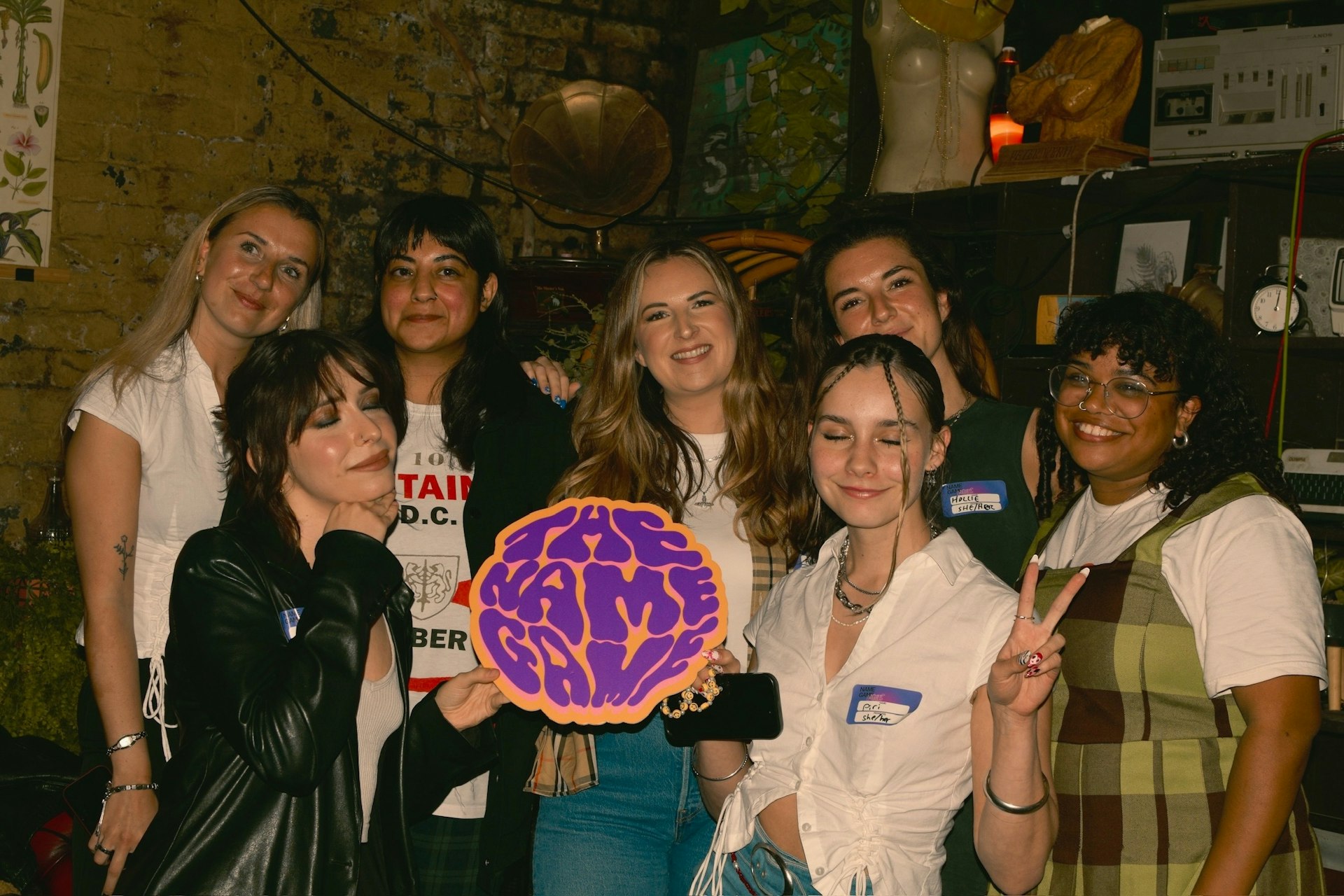
The organisation levelling the playing field in the music industry
Founded in 2022, The Name Game is committed to helping female, non-binary and trans people navigate the industry.
Written by: Djené Kaba